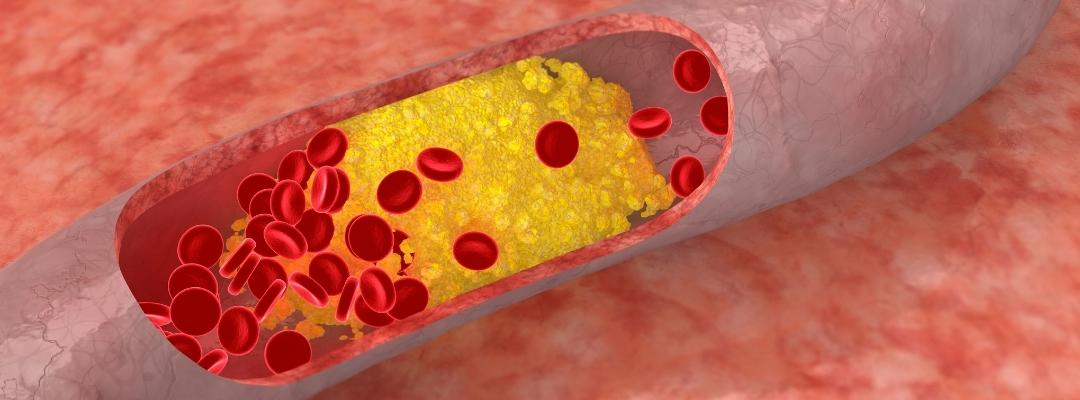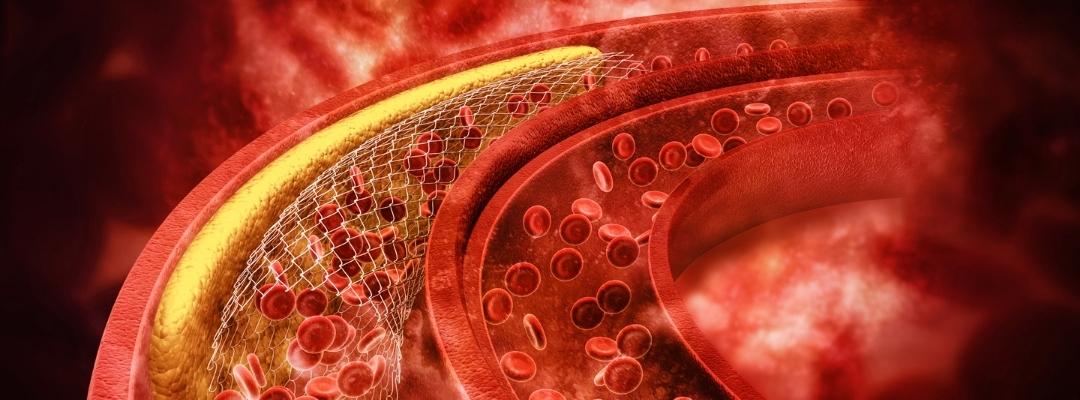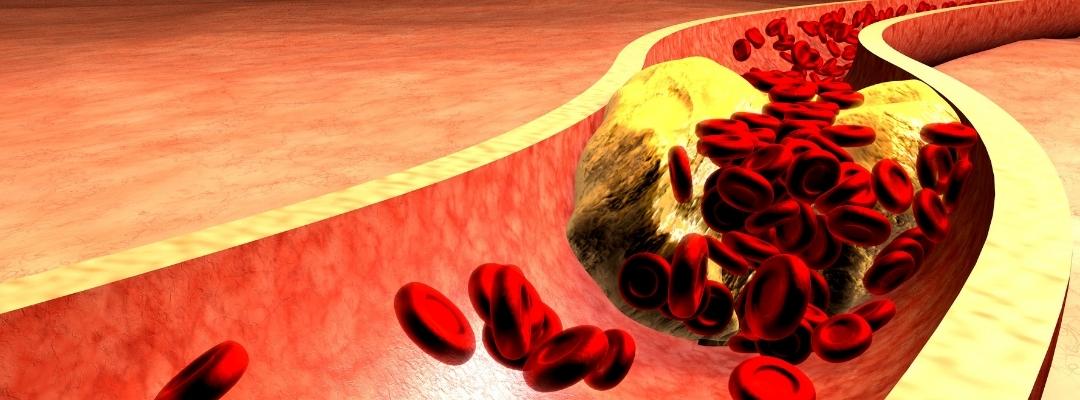Cholesterol levels are one of the most common health concerns. However, cholesterol itself is not a problem. We will explain why.

What is cholesterol?
Cholesterol is a fat that has important functions in the body. It is part of the cell envelope; it is a precursor for the formation of sex hormones (testosterones, estrogens, progesterone), vitamin D, bile salts, among others.
What is the problem with cholesterol?
The problem is the excess of cholesterol which, together with other risk factors, can be harmful to health, causing obstruction of the arteries and cardiovascular events such as heart attacks. In fact, the World Health Organization considers high cholesterol to be the sixth leading cause of death in the world.
Myths and truths about cholesterol
“I don’t eat fats, so my cholesterol must be fine”: False
About 80% of cholesterol comes from liver production and only 20% from diet. Definitely, a diet low in saturated fat can improve the lipid (fat) profile, but in many cases the impact is not enough to normalize values. That is, in the formation of cholesterol, genetics predominates.

“I feel dizzy and have a headache, I must have high cholesterol”: False.
High cholesterol has no symptoms. In fact, this is one of the problems. That is why, like hypertension, it is a silent killer.
Cholesterol can only cause symptoms if it has already produced an important obstruction in an artery and this generates a deficit of irrigation in some organ. That is why it is crucial to eat a healthy diet accompanied by 30 minutes of daily exercise.
“If I have high cholesterol, I should be given medication to normalize it”: Maybe.
Cholesterol does not travel alone in the blood, it does so together with proteins called lipoproteins: HDL (“good” cholesterol) and LDL (“bad” cholesterol, which is the one found in our arteries), as well as another form of fat called triglycerides.
“Lifestyle influences cholesterol values”: True.
Cholesterol will increase over the years, partly due to the loss of the liver’s capacity to eliminate bad cholesterol from the blood, but also due to a sedentary lifestyle.
It has been demonstrated that exercise modifies the formula, increasing the “good” cholesterol, which has a protective effect on our arteries.
On the other hand, people who gain weight also tend to increase the levels of blood fats, especially “bad” cholesterol. Although there is a small percentage of obese people who are metabolically healthy, that is, they do not produce excess cholesterol, nor are they diabetic or hypertensive, although this obesity can have other health consequences.

It is important not to wait for symptoms, as they do not appear until very late stages of arterial disease.
Although cholesterol has gotten a bad rap in the past, it is actually an important molecule that our bodies need to function properly. Join us for our Zoom meetings every Thursday at 10am EST to learn more about cholesterol and how you can keep your levels in check. We will be discussing ways to improve your cholesterol levels through diet, exercise, and other lifestyle changes. See you soon!
Dr. Mansi Shah
Functional Wellness Network
www.functionalwellnessnetwork.com




